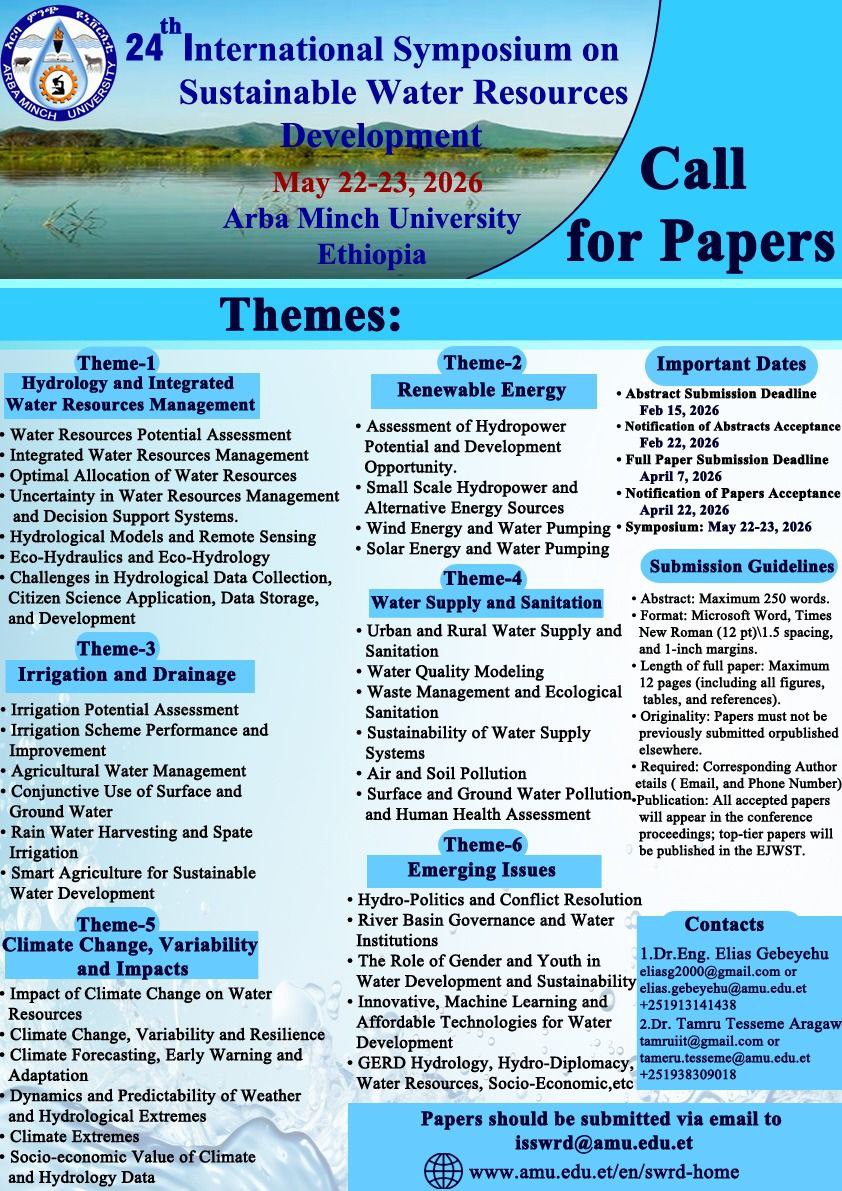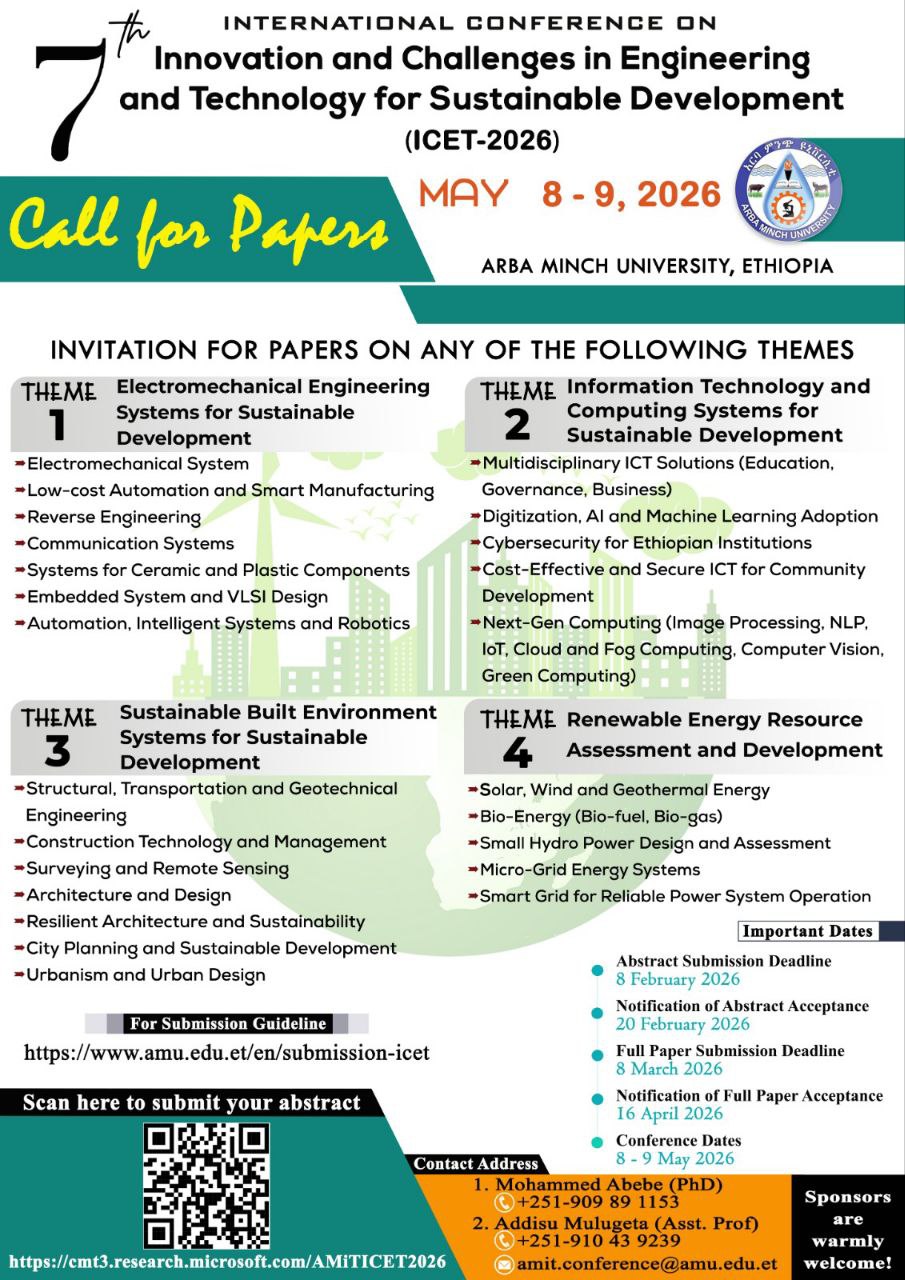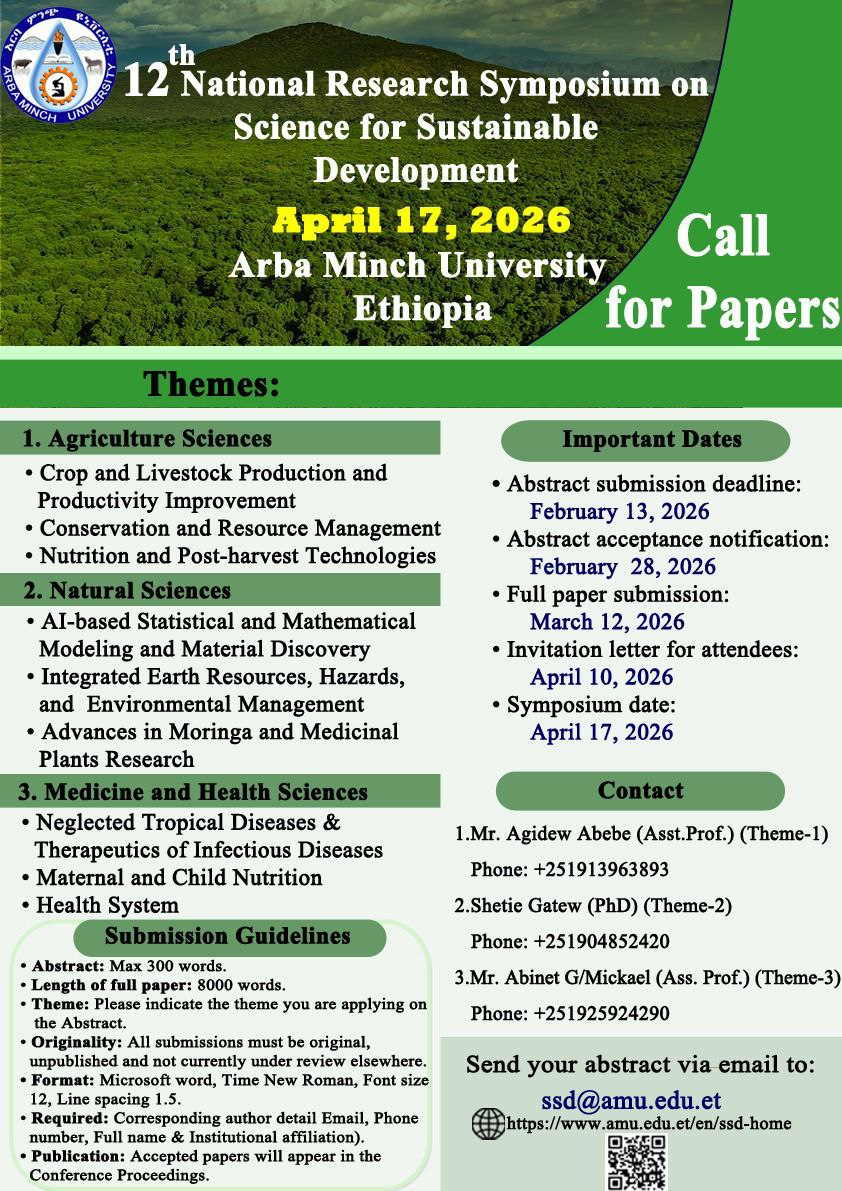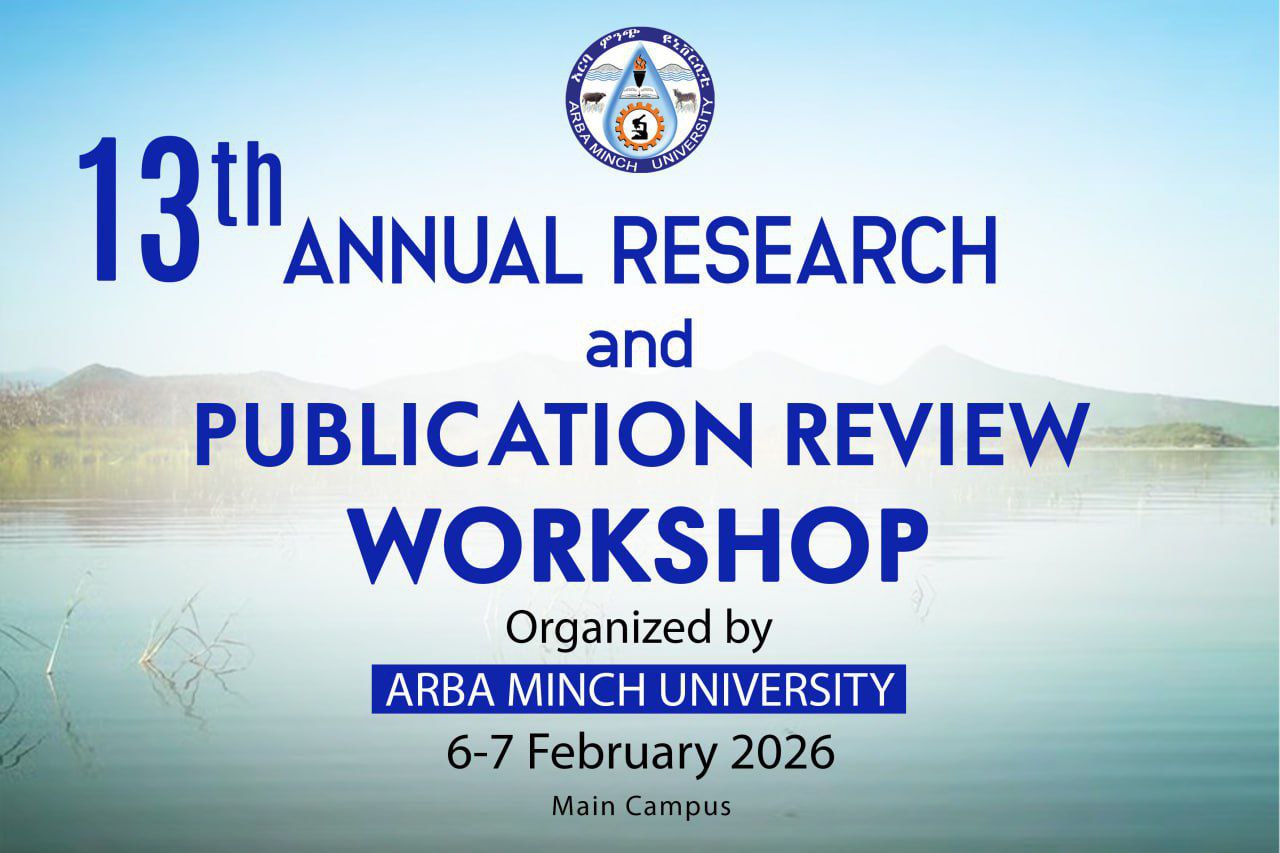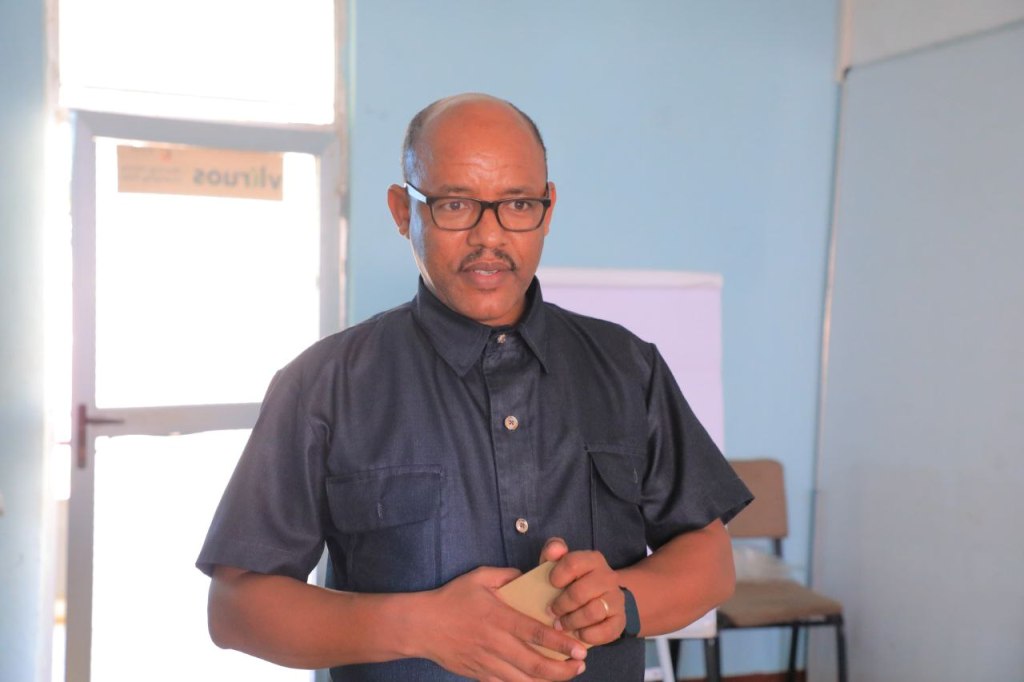Arba Minch University’s Rural-Urban Nexus: Establishing a Nutrient Loop to Improve City-Region Food System Resilience (RUNRES) project conducted two-day training on entrepreneurial mindset and business management skills for stakeholders drawn from both the public and private sectors. The training was held from November 14–15, 2025, at the university’s Main Campus. Click here to see more photos.
Opening the training, Dr. Teklu Wegayehu, Vice President for Research and Cooperation, noted that the program aims to enhance participants’ understanding of entrepreneurial mindsets, business management, and communication skills, key competencies for entrepreneurs striving to achieve their goals. He encouraged trainees to engage actively and apply the knowledge gained to meet both their personal objectives and the targets of the RUNRES project. Dr. Teklu emphasized that the skills acquired through this training will enable participants to drive sustainable improvement and continue progressing independently even after the project concludes.
Dr. Wondwossen Jerene, business expert for the RUNRES Project Phase II, stated that the primary goal of the training is to build the capacity of project beneficiaries; particularly those engaged in food processing and compost production in Arba Minch and Birbir towns so that they can develop into future entrepreneurs and ensure the sustainability of project innovations. He emphasized that without an innovative outlook and an entrepreneurial perspective, it becomes difficult for beneficiaries to collaborate effectively. The training, he noted, is designed to help participants identify new opportunities, enhance the commercial viability of their products, and scale up their innovations. To this end, the program focuses on strengthening communication skills, business management capabilities, leadership qualities, and entrepreneurial mindsets, he said.
Mr. Abayneh Feyso, AMU RUNRES Project Manager, explained that without proper preparation, project initiatives often come to a halt once the project phases out. To mitigate this risk, the team planned to train and empower beneficiaries by strengthening their understanding of core business concepts. In this second phase, a business expert has been included as part of the project team to guide beneficiaries on how to develop business plans, maintain financial records, and save project grants to sustain their innovations. He noted that the training focused on three key areas of business ideology: business development and management skills, entrepreneurial mindset, and communication skills. Mr. Abayneh added that the project has also provided both technical and financial support to help innovators advance their work.
Mrs. Bamlak Erdachew, a trainee from the Arba Minch Town Beautification and Greenery Development Office, said, the training helped her understand how to turn opportunities into wealth and recognize the need to change her attitude toward entrepreneurship rather than seeing herself only as a future employee. Likewise, Mr. Badege Baltsa, a compost producer from Birbir, expressed pride in participating in the program, noting that he gained valuable skills in business planning, leadership, communication, and entrepreneurial thinking, all of which he believes will play a significant role in strengthening his future endeavors.
Project members, beneficiaries from the private sectors of Arba Minch and Birbir towns, waste collectors, transport providers, and experts from the Arba Minch Town Beautification and Greenery Development Office, and those who provided technical support and supervision for compost producers were all in attendance.
For more Information Follow us on:-
Website - https://www.amu.edu.et/
Telegram - https://t.me/arbaminch_university
Facebook - https://www.facebook.com/ArbaMinchUniversityccd/
YouTube - https://www.youtube.com/channel/UCOO_nclhMo8M3r74OyPBlVA
Public and International Relations Executive


